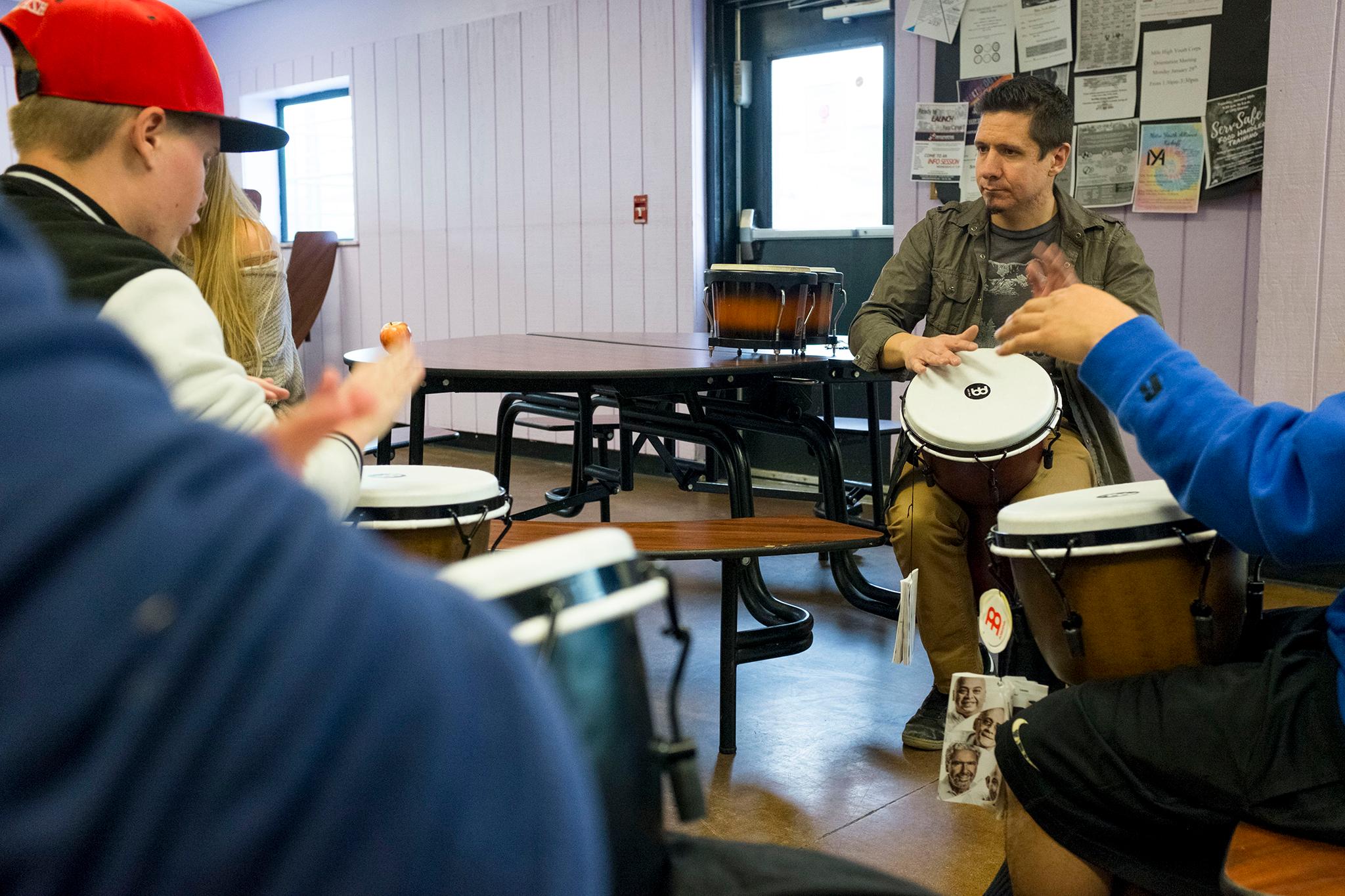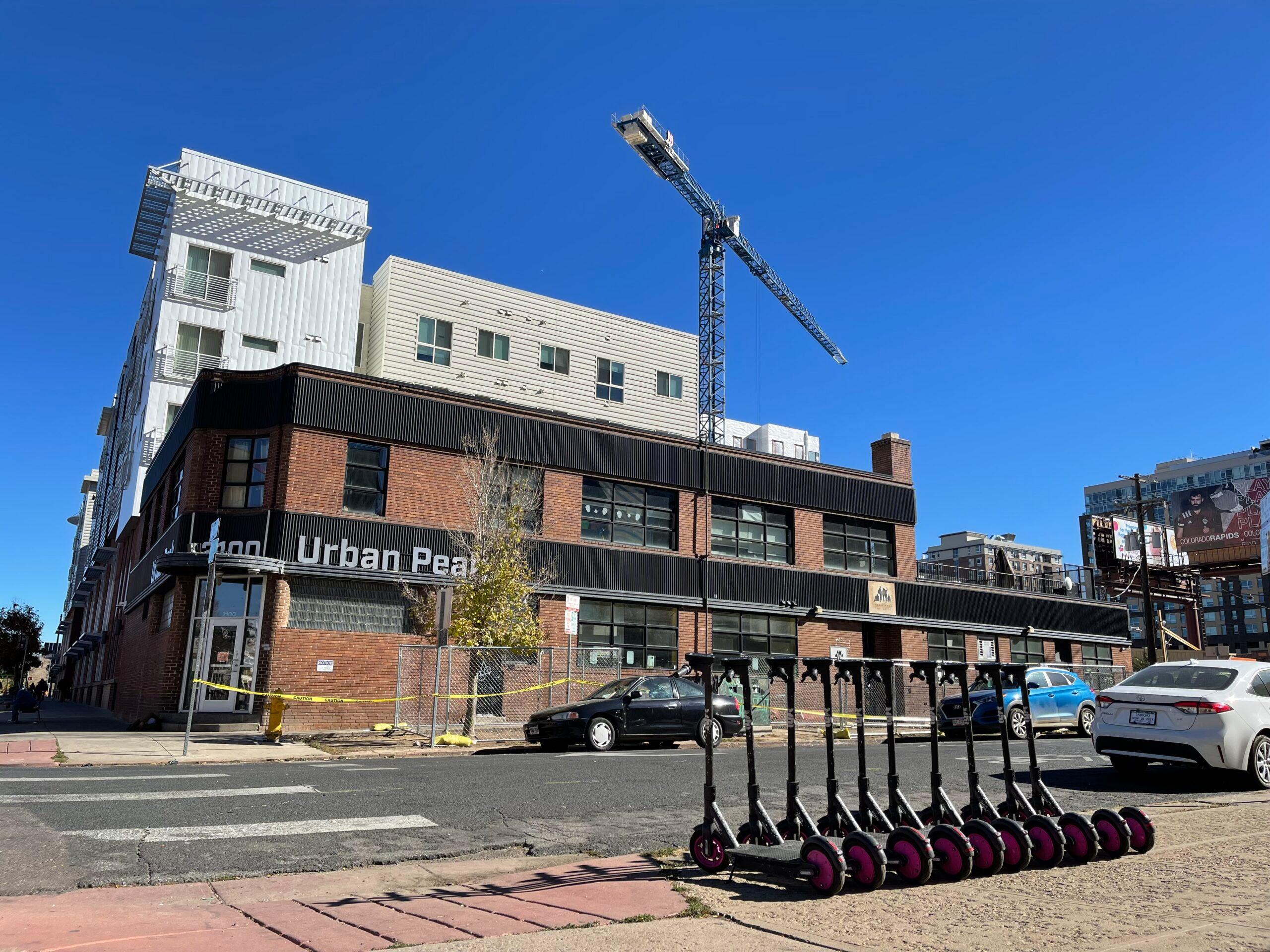The staff at Urban Peak, a homeless shelter that serves Denver youth, voted to unionize Wednesday. It is the first union of workers at a homeless shelter in Colorado in recent memory, according to staff at Service Employees International Union (SEIU) Local 105, which represents the Urban Peak workers.
SEIU spokesperson David Fernandez said a few ballots are being contested but that they do not believe the vote outcome will change.
Workers have pointed to high workloads, staff turnover and issues with training as reasons behind the decision to unionize. The work is physically and emotionally challenging, with multiple community member deaths in recent months.
"We are totally supportive of our staff of course and the opportunity to organize, it's a cool thing for folks to be able to do," said Urban Peak CEO Christina Carlson. "We look forward to the next steps of thinking about how to address concerns and how to continue to build out our programming so we can support youth, because at the end of the day that's the most important thing that we do."

It's been a mixed year for the nonprofit.
Urban Peak broke ground in January on a new shelter for youth, but lost a $500,000 state grant for mental health services soon after due to "performance issues." And in February, 19-year-old Xavier Wake, who had previously received services from Urban Peak, died in a tent less than a block from the organization's shelter.
"I think the number one thing driving most people to unionize at Urban Peak is the fact that we have no decision making power in any policy changes," said Bobby Schreiber, an organizer and staff member at the nonprofit. "We are the ones that work closest with our youth... A lot of these managers, they barely ever see youth, and we're with them every day."
Schreiber pointed to a recent change in Urban Peak's sick day policy, switching from a lump sum to accrual, as an example of policy changes he says leadership implemented without employee input. Since the change, he said he has come to work sick because he did not have the sick time accrued. Schreiber also said staff want better training on the scope of their work.
"We don't know our expectations, and we don't know how to do our job according to the company and what the company expects of us," Schreiber said. "So we burn out, because we're just not sure what to do and we're trying to figure it all out on the go, and we're just spread too thin."

Shelby Glover, who worked as a case manager at Urban Peak until a few months ago, experienced homelessness as a teen and received services from the nonprofit.
They went on to work there to help other youth. They were involved in initial union organizing, but left because of the workplace issues.
Glover said they worked long hours with no control over their schedule, did not receive necessary training and had issues with the way the organization dealt with youth deaths. Like Schreiber, they said staff came to work sick because they lacked enough sick time.
"I was in and out of youth systems and Urban Peak really changed my life," Glover said. "Everyone who has put in this last year of their life organizing Urban Peak, it's not because they hate the organization or it's like a loathing thing. It's like they love Urban Peak so much they don't want to leave."

But Glover said that Urban Peak leadership pushed back hard against unionizing efforts. Glover said that during their time working at Urban Peak, leadership told staff that a union would hurt the youth and cost the organization a lot of money.
Schreiber said leadership "scolded" staff in a recent meeting, and that staff have been screamed at by supervisors for not voicing their concerns.
"It comes down to, we have been voicing our opinion and nothing's happening," he said.
Carlson said she does not think leadership has opposed unionizing efforts.
"I feel like what we have done all along is really trying to provide information across the board and understand what it means for everybody," she said.
Now that the union vote passed, organizers will look to bargain with nonprofit leadership in the hopes of reaching a contract agreement. Schreiber said he wants to see lower level staff spots on Urban Peak's board. He hopes that organizing one shelter will prompt others working at homeless organizations to unionize.
"We have the power to create something like a rolling wave that shows this is possible, this is good," he said.














